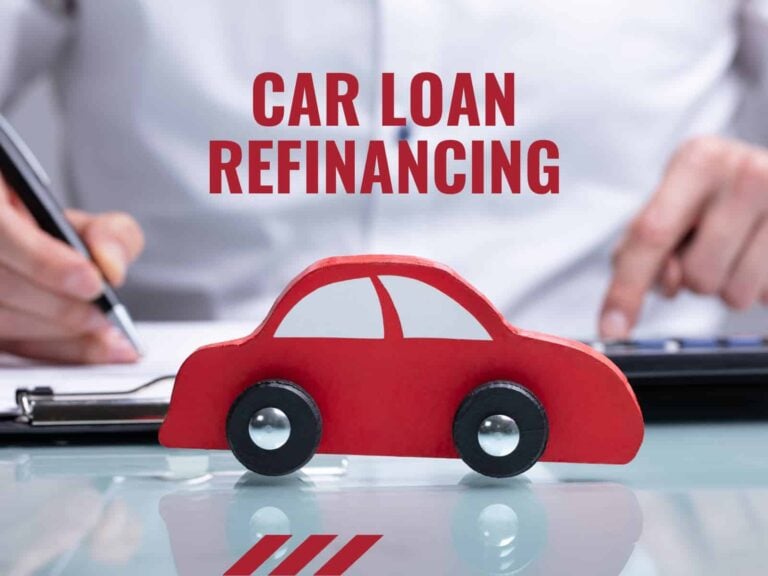Oklahoma Debt Settlement
Oklahoma, with its 3,956,971 residents, ranks 28th in population within the United States while covering an area of 69,899 square miles that places it twentieth in terms of geographic size.
The state includes numerous mountain ranges, prairies, mesas and forests, all of which contribute to a somewhat weaker population density of 55.2 residents per square mile, ranking Oklahoma 35th nationally.
Nearly two-thirds of the population reside in the metropolitan areas of Tulsa and the state capital, Oklahoma City.

Oklahoma is a major producer of oil, natural gas and agricultural products (the state is the fifth largest wheat producer in the country), with the economy also relying significantly upon the aviation, biotechnology and telecommunications industries. Oklahoma ranks third in the nation in terms of natural gas production and fifth highest in oil production.
Devon Energy, Chesapeake Energy and Sandridge Energy Corporation are all based in Oklahoma City, while Tulsa’s Williams Companies and ONEOK rank as Oklahoma’s two largest companies and as the nation’s second and third-largest energy companies.
Given its relatively low tax burden, Oklahoma has long been considered one of the most business-friendly states in the nation, and it remains headquarters to four Fortune 500 companies and several of the largest private companies in the U.S., including Love’s Travel Stops and Country Stores, Quik Trip, and Hobby Lobby.
According to the St. Louis Fed, Total Gross State Product for Oklahoma in 2018 came in at $202.5 billion, ranking 29th in the nation. In terms of jobs, the government sector leads the way, followed by the transportation and utilities sector, with education, business and manufacturing rounding out the leaders.
Aerospace accounts for greater than 10% of Oklahoma’s industrial output, generating almost $12 billion annually, as Tulsa remains home to the largest aerospace maintenance base in the world while serving as the global engineering and maintenance headquarters for American Airlines.
Oklahoma also consistently ranks among the top ten states nationally in aerospace engine manufacturing. Meantime, the state is the leading manufacturer of tires in North America and its biotechnology industry is among the fastest growing in the nation. However, Oklahoma’s 2018 median household income level of $51,924 registered at 16.2% lower than the national median household income level of $61,937.
Oklahoma Economic and Debt Statistics
According to the Bureau of Labor Statistics, Oklahoma’s unemployment rate stood at 3.4% as of December 2019, slightly lower than the national average of 3.5%. Oklahoma residents rank 16th nationally in the amount of household credit card debt held, checking in at an average level of $8,059, 13.6% less than the national average of indebted households of $9,333. In terms of FICO scores, compared with the 2019 nationwide average FICO score of 703, the typical Oklahoma resident’s 2019 FICO score of 682 is notably lower, and places the state tied for sixth lowest (with Georgia) nationwide.
Oklahoma Economic and Debt Statistics
According to the St. Louis Fed, as of Q4 2018, the Oklahoma home ownership rate checked in at 68.8%, notably higher than the national rate of 64.8%. Meantime, a recent Experian report shows average mortgage debt level of $134,244 representing an increase of 1.9% compared to 2018, but still placing it 41st in the nation. Meantime, the median sales price of a home in Oklahoma during 2019 was $145,400. Regarding student loans, data compiled in 2019 by Experian indicates that average student loan debt for Oklahoma borrowers is $31,673, 10.4% lower than the national average of $35,359, 6.0% higher than in 2018 and 26.0% higher than in 2014.
Oklahoma Residents and Debt Settlement
If you are a resident of Oklahoma and are currently burdened by high levels of unsecured debt – including credit card accounts, private student loans, unpaid medical bills and personal loans – the process of pursuing debt settlement may make sense for you.
Debt settlement occurs when a debtor successfully negotiates a payoff amount for less than the total balance owed on a debt. This lower amount is agreed to, by the creditor or collection agency and is fully documented in writing. Ideally, this lower negotiated amount is paid off in one lump sum, but it can be paid off over time.
Though creditors are under no legal obligation to accept debt settlement offers, negotiating and paying lower amounts to settle debts is far more common than many people realize.
Oklahoma Consumer Debt Laws
Credit Card companies and other creditors are permitted to contact Oklahoma residents directly regarding debts, particularly in a situation involving delinquent payments. However, debt collection agencies are required to comply with the the Federal Fair Debt Collection Practices Act (FDCPA), and are therefore prohibited from taking certain actions.
Under the FDCPA, collection agencies are prohibited from informing employers about a debt or attempting to collect a fee in excess of any debt owed. Debt collection agencies are also prohibited from communicating in a manner that simulates a judicial process or gives the appearance of a governmental action.
Additionally, debt collection agencies are prohibited from contacting debtors or debtor family members at unusual hours or with a frequency that may be reasonably construed under the law as harassment or abuse.
Unfortunately, unlike many other states, Oklahoma does not have its own state law governing debt collection tactics, leaving its residents somewhat vulnerable to predatory practices that may be beyond the scope of the FDCPA.
Although Oklahoma law does require debt collectors to pay a fee and obtain a license, its residents are unlikely to successfully pursue a lawsuit in the event a collector fails to do so.
Oklahoma residents will receive the most consumer protection from harassing and potentially abusive debt collection methods under the FDCPA.


Oklahoma Statute of Limitations on Debt Collection
When sufficient time passes in a situation in which consumer debts have gone unpaid, a debt collector can lose the legal right to sue for non-payment. In Oklahoma, the statute of limitations on debt collection is three years for open credit card accounts, three years for oral contracts, five years for written contracts, and five years for promissory notes.
For any time period, the clock begins ticking from the “date of default,” which is typically thirty days after the last payment was actually made. When debts remain unpaid prior to the statute time period elapsing in full, creditors maintain legal right to sue you for non-payment and are permitted to engage debt collection agencies who can make persistent attempts at collection – provided they remain within the bounds of the FDCPA.
Debt Settlement - Do It Yourself?
Getting out of debt is never an easy process. If debt settlement is the right avenue for you to pursue, be honest with yourself. Decide whether you possess the background, strength and fortitude to negotiate directly with creditors yourself – or whether engaging the services of an experienced and reputable debt settlement company will serve your needs best.
Remember, the goal is to save the greatest amount of money and time while minimizing any ensuing damage to your credit score and profile. A reputable debt settlement company will provide a realistic estimate and time frame for making offers to your creditors that can ultimately result in settlements that save you significant amounts of money, time, and aggravation.
Contact us here at United Settlement, where our experienced credit counselors possess relationships with the major credit card lenders and a broad understanding of the debt marketplace. We can help you navigate these waters successfully.
Debt Resources & Additional Reading
Additional Related Insights & Articles
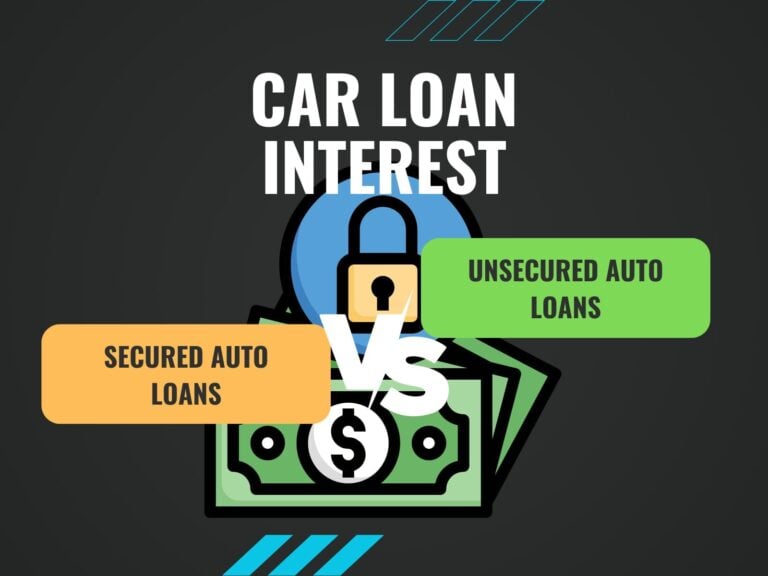
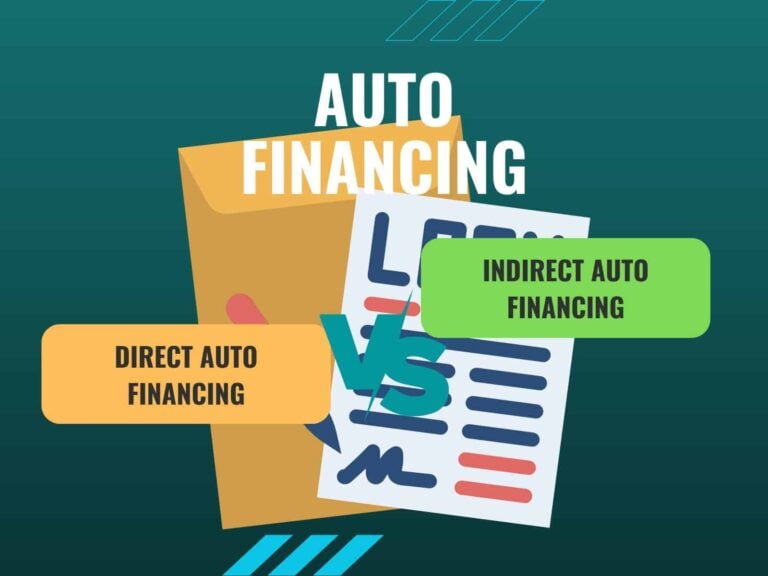
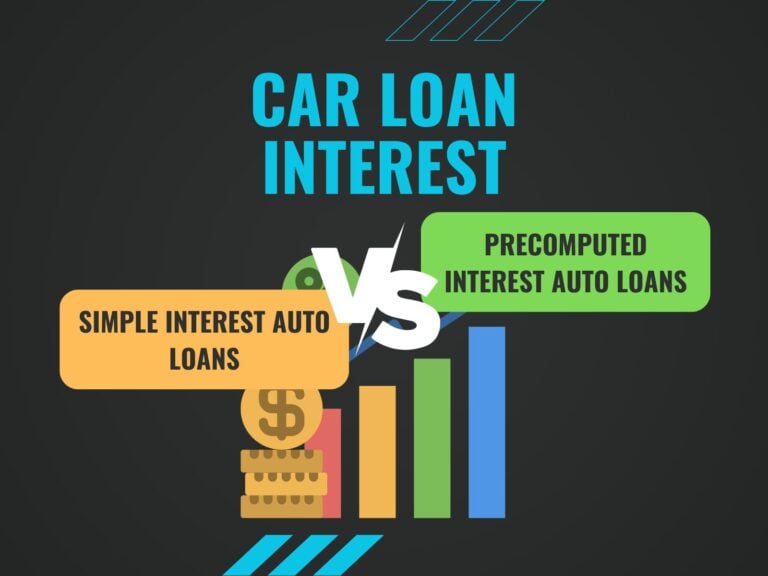
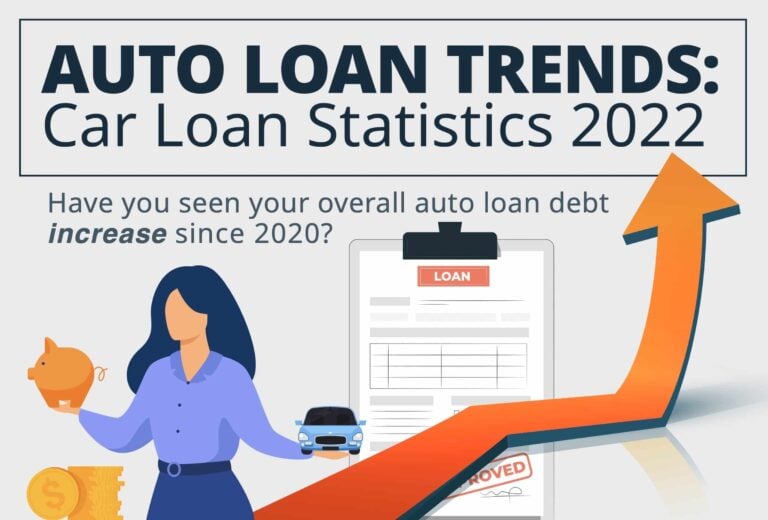

Credit Card Debt Relief Reviews

Ready To Get Started?
See if you qualify for debt relief. Get A Free Savings Estimate to see how quickly you can be debt free.
Embrace financial freedom with our tailored solutions, expert guidance, and unwavering commitment to your success.
Experienced Professionals
Our team comprises seasoned experts who have successfully navigated countless clients towards a debt-free life.
Customized Solutions
We understand that every financial situation is unique. That’s why we craft bespoke debt relief plans tailored to your specific needs.
High Success Rate
Our track record speaks for itself. Our effective strategies and dedicated approach ensure tangible results.
Confidential Consultation
Your privacy is paramount. Rest assured, our consultations are carried out with the utmost discretion and confidentiality.


